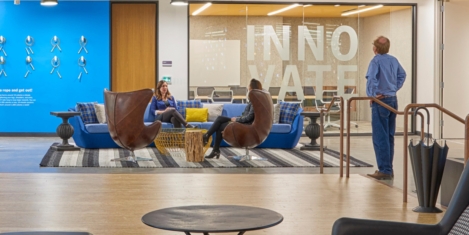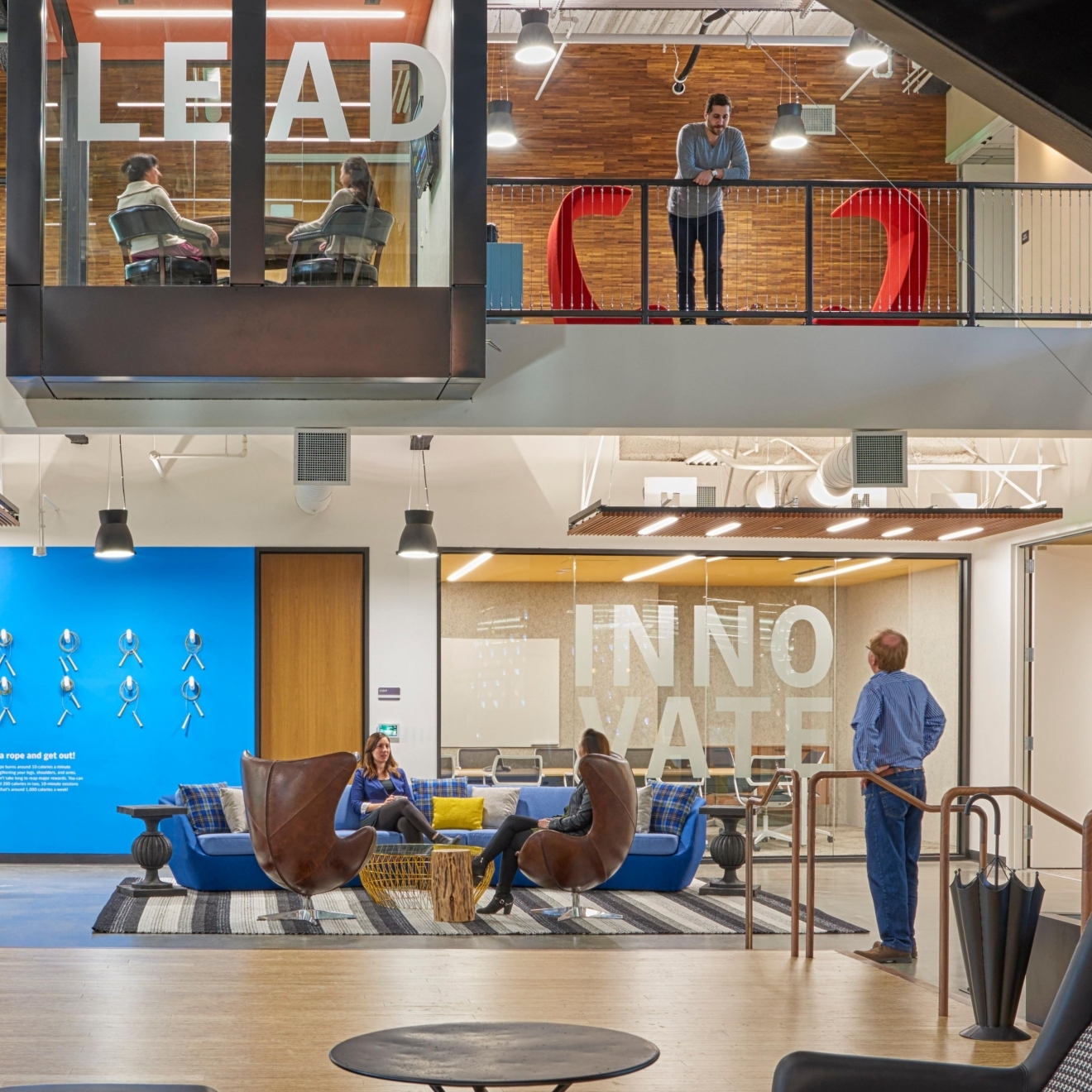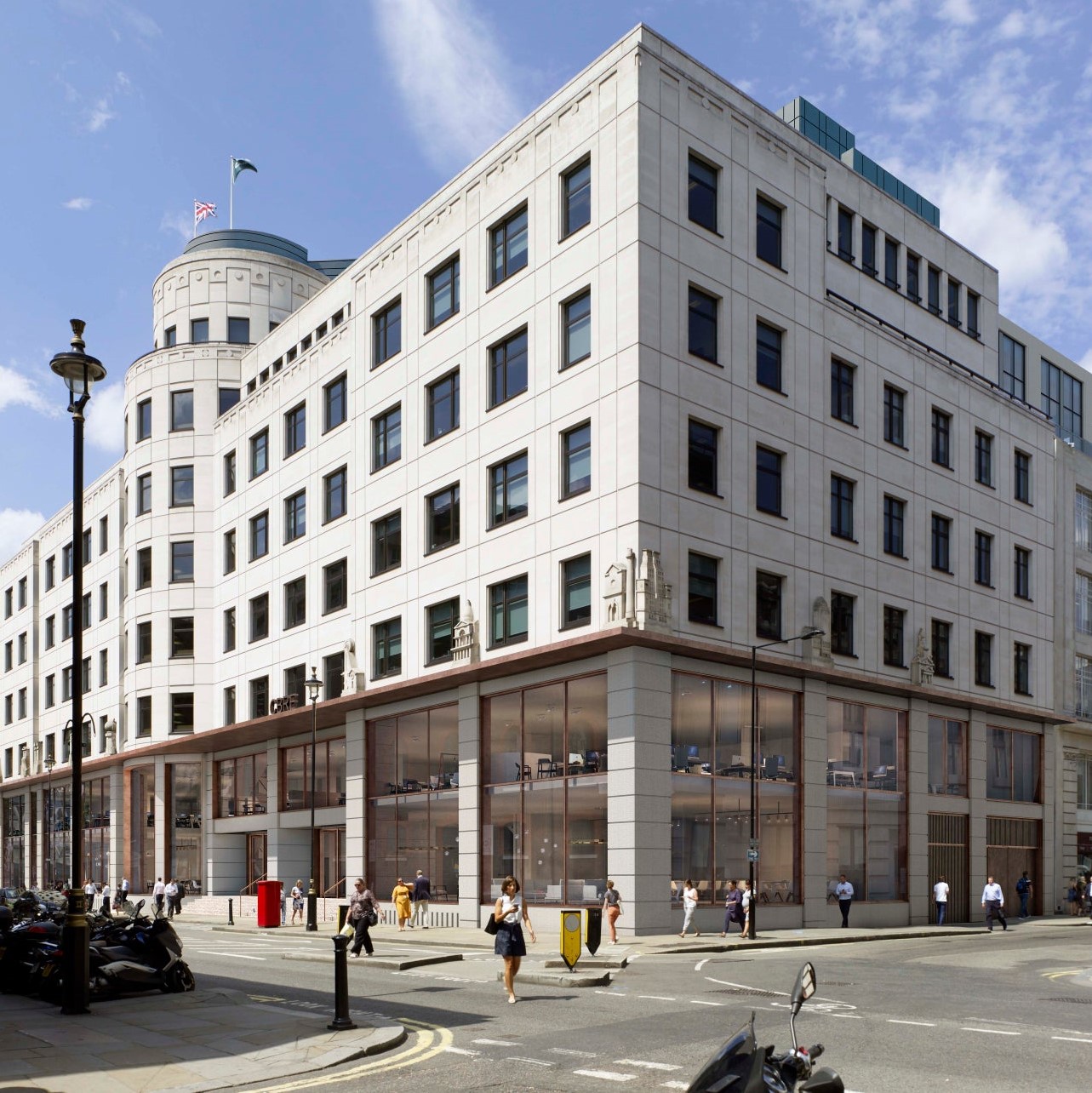To provide the best experiences, we use technologies like cookies to store and/or access device information. Consenting to these technologies will allow us to process data such as browsing behaviour or unique IDs on this site. Not consenting or withdrawing consent, may adversely affect certain features and functions.
The technical storage or access is strictly necessary for the legitimate purpose of enabling the use of a specific service explicitly requested by the subscriber or user, or for the sole purpose of carrying out the transmission of a communication over an electronic communications network.
The technical storage or access is necessary for the legitimate purpose of storing preferences that are not requested by the subscriber or user.
The technical storage or access that is used exclusively for statistical purposes.
The technical storage or access that is used exclusively for anonymous statistical purposes. Without a subpoena, voluntary compliance on the part of your Internet Service Provider, or additional records from a third party, information stored or retrieved for this purpose alone cannot usually be used to identify you.
The technical storage or access is required to create user profiles to send advertising, or to track the user on a website or across several websites for similar marketing purposes.
 A new report claims that 86 percent of Britain’s largest businesses are worried about raising their productivity with two-fifths (39 percent) calling their productivity ‘very concerning’, but that they are investing just 0.25 percent of turnover in measures to improve it, less than they invest in telecoms. The report by the Centre for Economics and Business Research (CEBR) and Concentra Analytics also suggests there is a “spray and pray approach” to driving productivity caused by a lack of insight into the performance of people. (more…)
A new report claims that 86 percent of Britain’s largest businesses are worried about raising their productivity with two-fifths (39 percent) calling their productivity ‘very concerning’, but that they are investing just 0.25 percent of turnover in measures to improve it, less than they invest in telecoms. The report by the Centre for Economics and Business Research (CEBR) and Concentra Analytics also suggests there is a “spray and pray approach” to driving productivity caused by a lack of insight into the performance of people. (more…)


















 Firms in the FTSE 100 are on track to reach the target of 33 percent of women on boards by 2020 that was set by the
Firms in the FTSE 100 are on track to reach the target of 33 percent of women on boards by 2020 that was set by the 
 A significant proportion of the global population is concerned about the use of artificial intelligence (AI), with scepticism about its use by business greater than its use by government, a poll published by the
A significant proportion of the global population is concerned about the use of artificial intelligence (AI), with scepticism about its use by business greater than its use by government, a poll published by the




 Hong Kong Central and London’s West End held onto their top spots in a ranking of the most expensive office market locations in the world at $322 and $220.70 per sq. ft. per year respectively according to the latest
Hong Kong Central and London’s West End held onto their top spots in a ranking of the most expensive office market locations in the world at $322 and $220.70 per sq. ft. per year respectively according to the latest 







